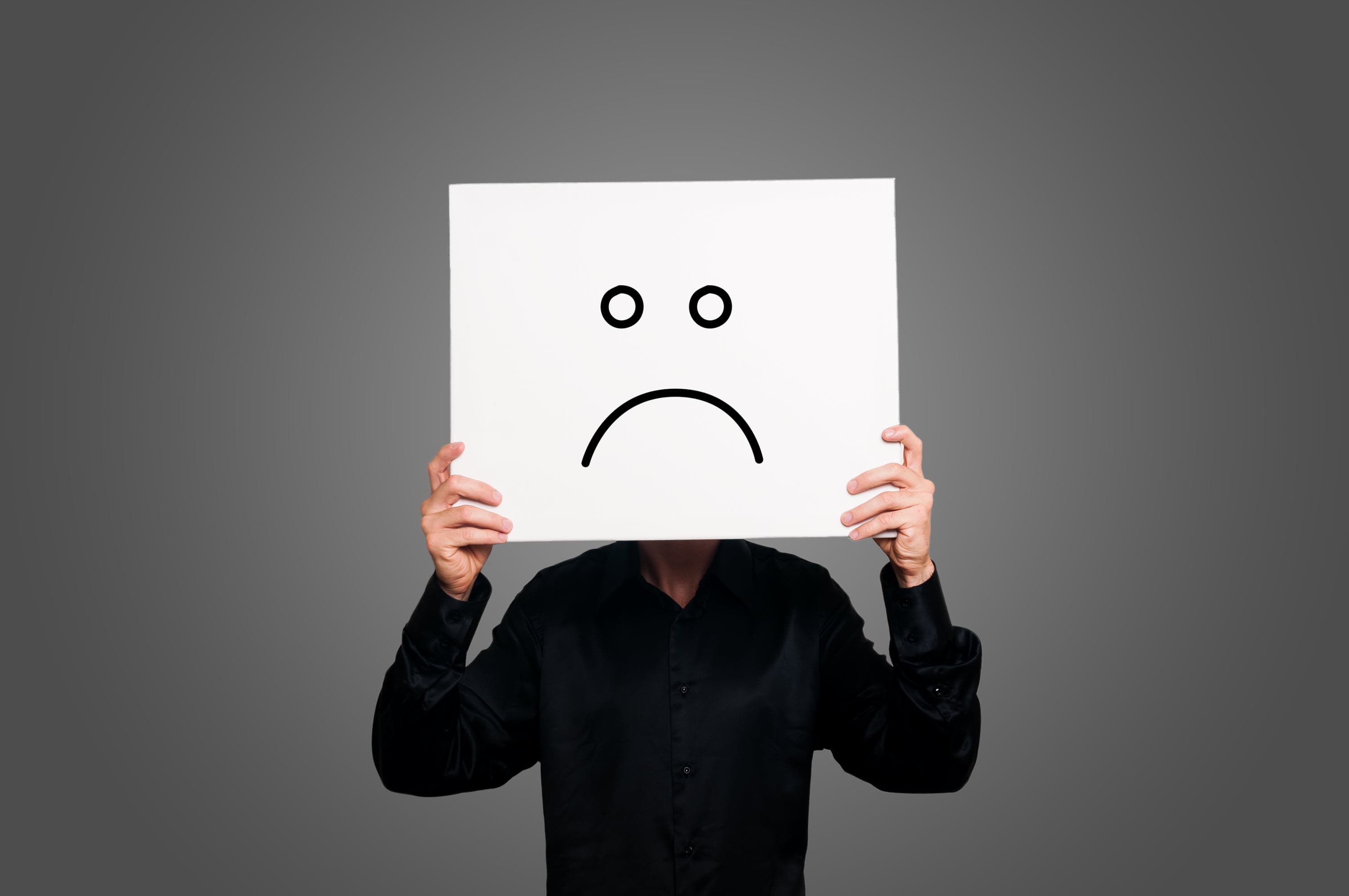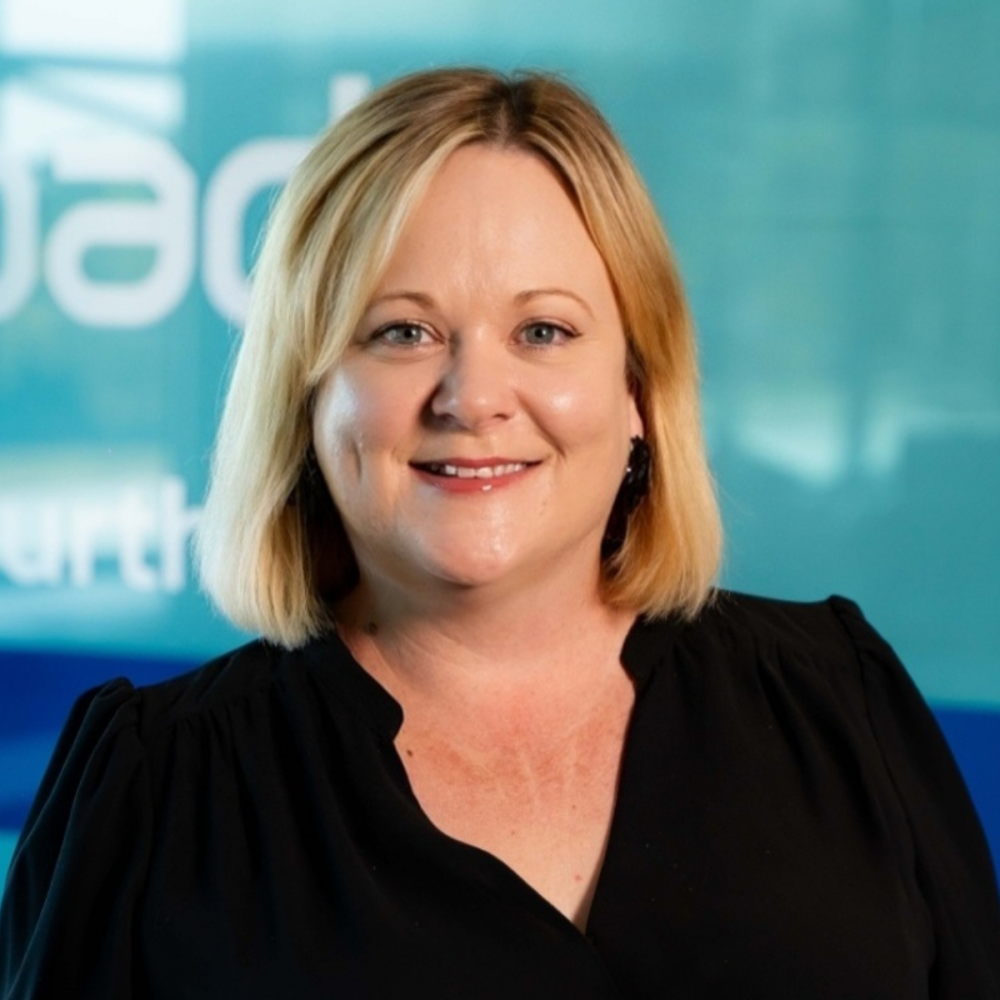
What is negative Search Engine Optimisation (SEO)?
In order to understand what negative SEO is, first let’s briefly cover what Search Engine Optimisation (SEO) is.
SEO involves making improvements to your website and your offsite content influencing your backlink profile (links from other websites pointing to your website) in order to indicate to search engines that your website is a trusted, high quality and authoritative source relevant to your services – thus hoping to rank higher in search results and be found by people searching keywords related to your business.
The goal of negative SEO then (not surprisingly) is to ensure a website is NOT found when certain keywords are searched. However, when people talk about Negative SEO they may be referring to one of two distinct types – malicious or purposeful (reverse SEO).
Malicious negative SEO (negative SEO attacks)
Some unscrupulous companies or individuals wish to hire SEO companies in order to target their competitors with negative SEO.
Malicious Negative SEO attacks involve carrying out ‘black hat’ or bad SEO practices, targeting specific website(s), in order to mislead search engines, like Google, into thinking the websites are low quality or engaging in spammy SEO practices that are against Google’s guidelines, in the hopes that Google punishes them with a ranking penalty and drop the website out of search results.
Google likes to see a natural growth and increase in authoritative links pointing to a website, as this indicates that trusted people and websites are talking about it and linking to it as a source or resource.
However, if Google sees a sudden boom in backlink numbers, particularly from low-quality websites, it sends off warning signals that the website is trying to ‘game’ Google’s system by engaging in shady tactics.
This is against Google’s anti-spam guidelines and can result in an algorithmic or even a manual penalty, where Google will purposely remove the website from search results completely as punishment until the low-quality backlinks have been removed.
Does White Chalk Road offer this service?
White Chalk Road does not offer this service, and we would not wish to work with any company or individual who would consider undertaking this type of activity. Not only is it against Google’s guidelines, but it is also morally and ethically wrong.
However, we do offer a service to help those who have been the victim of a negative SEO attack. More on this below.
Negative SEO recovery
It can be difficult to recover from a negative SEO attack, but it is possible. The process involves a number of steps:
- Identifying all links pointing to your website from all corners of the world wide web
- Analysing each and every link and identifying a list of links that need to be removed
- Sourcing contact details of the owner or webmaster for all offending websites and contacting these people to request the links be removed
- Some of these people may not be responsive or contactable. In this case, you must keep a record of all correspondence to show all avenues have been exhausted
- Create a ‘Disavow’ file and submit it to Google, asking them to ignore any links that you deemed bad but which could not be removed
- In the case of a manual penalty, make a Search Console Reconsideration Request, effectively asking Google to review the steps you have taken to clean up your backlinks and consider removing the penalty, allowing your website to be found again in search results.
Does White Chalk Road offer this service?
As mentioned above, we do offer a negative SEO recovery service, in which we can help companies to identify and remove the low-quality links to their website from around the internet, disavow any remaining links that we were unable to remove, and apply to Google to remove any manual penalty once all available steps have been taken.
Purposeful negative SEO/reverse SEO for you or your brand
While the internet is a fantastic place for free expression, conversely this also means that you can’t control what is said about you online. And while today’s negative coverage in print media becomes tomorrow’s fish & chip wrapper, negative coverage online sticks around. And if it is published on a relatively authoritative website it could even end up being the first thing people see when they Google your name or your brand.
This can be detrimental and even catastrophic for business, depending on the situation.
If you feel you have been misrepresented online, your first course of action would of course be to contact the publisher to iron out the situation or ask them to remove the defamatory content. If your attempts at this fail, depending on the situation, you may wish to pursue legal advice or action such as a defamation lawsuit.
Finally, after exhausting all other avenues, or while a defamation case is in the process (as they can be timely and may not even end in a retraction) you may wish to engage in reverse SEO. This type of service can even be covered by professional indemnity insurance in some cases.
Reverse SEO does not involve carrying out a negative SEO attack on the offending website – nothing ‘black hat’ or untoward is involved. It’s also important to note that having content removed from the internet is not part of a reverse SEO strategy – it is the last resort when all attempts to remove the content have failed.
Instead, the process is to try to improve the positioning of positive content about your brand as well as improving the rankings of assets that are under your control (like your website(s), social profiles, articles etc.) in order to outrank the offending content and overtime attempt to push it far enough down the search results (past the first page or so) to significantly reduce the influence or views it would receive.
Does White Chalk Road offer this service?
If your attempts to have the offending content removed from the internet have failed, White Chalk Road may take you on as a reverse SEO client, but we take each situation on a case-by-case basis.
We say case-by-case as these situations are often very complicated, sometimes involving ongoing defamation or libel lawsuits and such.
It’s also important to note that we fully believe in freedom of opinion being expressed online, so if a customer has had a bad experience with your brand they are entitled to air this on forums or review sites, and it is important for others to get a balanced view of you and your brand before choosing to work with you.
So before taking on any client for this service we take great care to look into the situation before deciding if it is appropriate to attempt to influence the position of the offending content in search engines.




